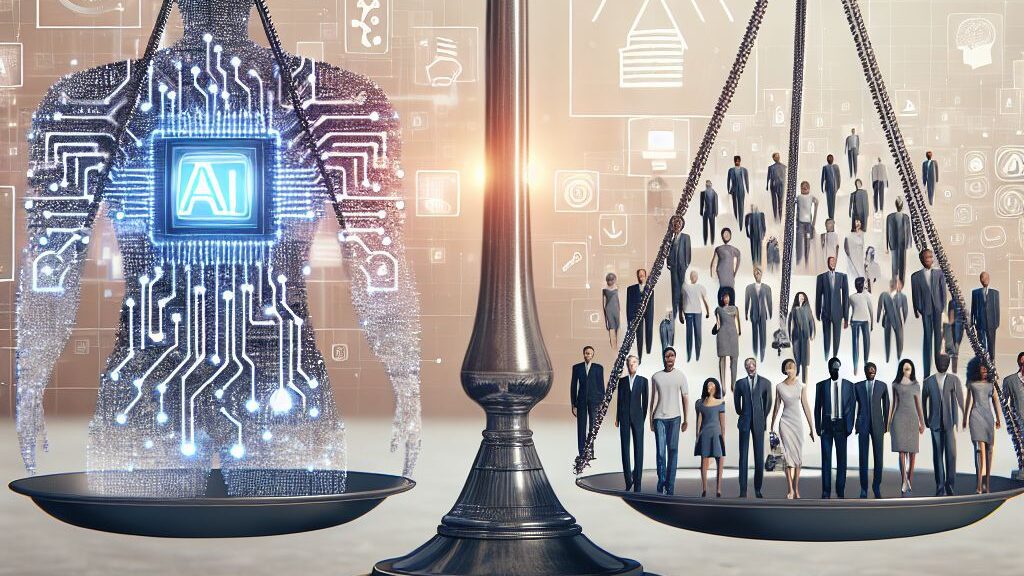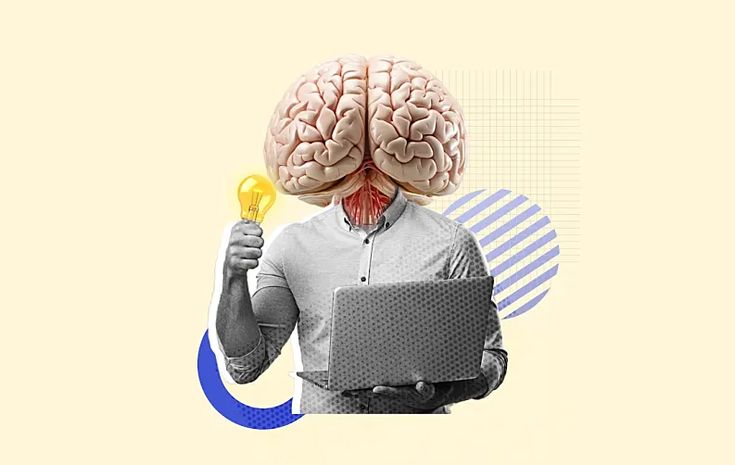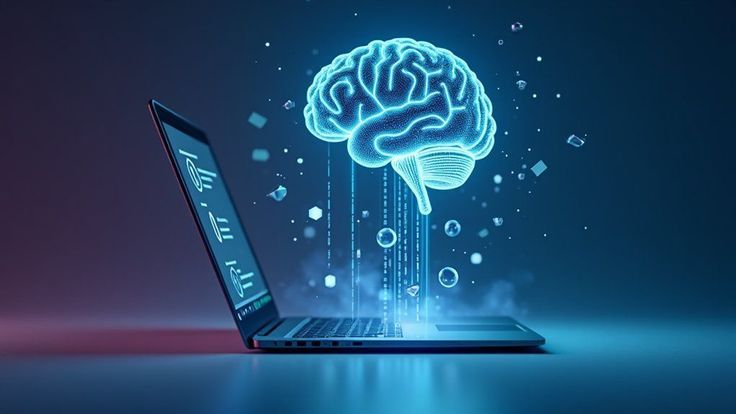The rise of artificial intelligence is no longer a distant future. it’s here, reshaping industries, workflows, and career paths in real time. While AI is automating routine tasks and redefining productivity, its rapid adoption also raises a critical question: what skills should professionals master now to stay relevant in the age of intelligent machines? In 2025, adaptability is not optional; it is the most valuable skill of all.
Human-Centric Skills That AI Can’t Replace
Despite AI’s ability to process data at scale, it struggles with emotional intelligence, creativity, and judgment. According to the World Economic Forum’s Future of Jobs Report (2023), analytical thinking, empathy, and leadership remain top in-demand skills. Storytelling, negotiation, and cross-cultural collaboration are equally vital in a world where human connection sets leaders apart from algorithms.

Digital Fluency and Tech Literacy
Understanding how AI works not just using it is becoming a baseline expectation. Gartner predicts that by 2026, 70% of employees will be expected to use AI-powered tools at work daily. This means professionals must develop digital fluency: understanding data, interpreting AI outputs, and questioning biases. Learning to collaborate with AI is quickly becoming as important as traditional computer literacy was 20 years ago.
Lifelong Learning and Adaptability
AI’s speed of change means static skill sets quickly become obsolete. LinkedIn’s 2024 Workplace Learning Report found that 94% of employees would stay longer at a company investing in their career development. Lifelong learning whether through micro-courses, certifications, or peer-to-peer knowledge sharing is the best hedge against irrelevance. Flexibility and openness to pivoting careers will define future resilience.
Creativity as a Competitive Edge
AI can generate text, art, and code, but true innovation still requires human imagination. The best opportunities lie in combining AI efficiency with human originality. For example, designers using AI tools like Midjourney or DALL·E can iterate rapidly but still rely on creative intuition to deliver breakthrough ideas. Creativity remains the ultimate differentiator.

Building Ethical and Responsible AI Literacy
As AI reshapes decision-making, understanding its ethical implications is crucial. From bias in algorithms to privacy concerns, professionals must learn to question the systems they use. MIT research stresses that ethical AI adoption is as much a cultural shift as a technical one. Future leaders will be those who combine technical fluency with moral responsibility.
Conclusion
AI isn’t taking over it’s transforming how we work. The winners of this shift will be those who invest now in human-centric skills, digital fluency, adaptability, creativity, and ethical literacy. In a world where machines handle efficiency, professionals must focus on what only humans can do: connect, innovate, and lead responsibly.






